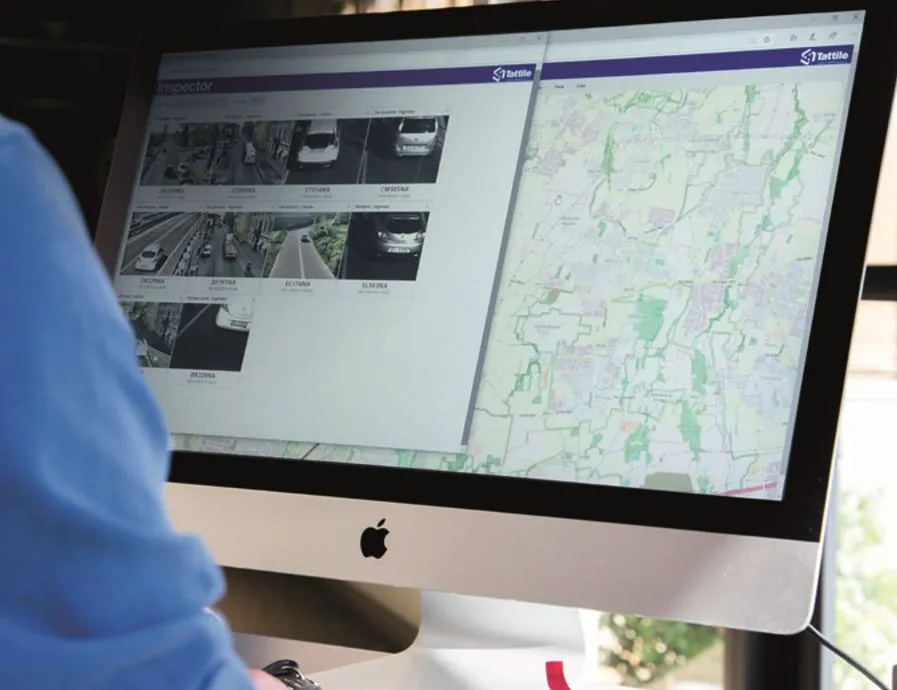Tonnjes Card is to build a production plant for vehicle number plates to help authorities in Senegal identify drivers.
The €1 million plant will be in the West African country’s capital, Dakar.
Tonnjes will work under the name of Afriplaque to produce and supply blank plates in the local area. Once finished, the number plates will be issued by 20 licensed printing shops.
Tonnjes says its reflective security number plates contain a machine-readable code to make the supply chain traceable and to help remove fakes from circulation.
The scope of the project also includes the delivering of new driver licences and new registration documents which will require all drivers to re-register vehicles to pay tax and insurance.
Tonnjes says this process along will allow police to easily identify if a vehicle is properly registered and improve the vehicle tax system.
Tonnjes Card to develop vehicle identification number plates in Senegal
Tonnjes Card is to build a production plant for vehicle number plates to help authorities in Senegal identify drivers.
The €1 million plant will be in the West African country’s capital, Dakar.
Tonnjes will work under the name of Afriplaque to produce and supply blank plates in the local area. Once finished, the number plates will be issued by 20 licensed printing shops.
Tonnjes says its reflective security number plates contain a machine-readable code to make the supply chain traceable and to help remov
February 26, 2019
Read time: 1 min









